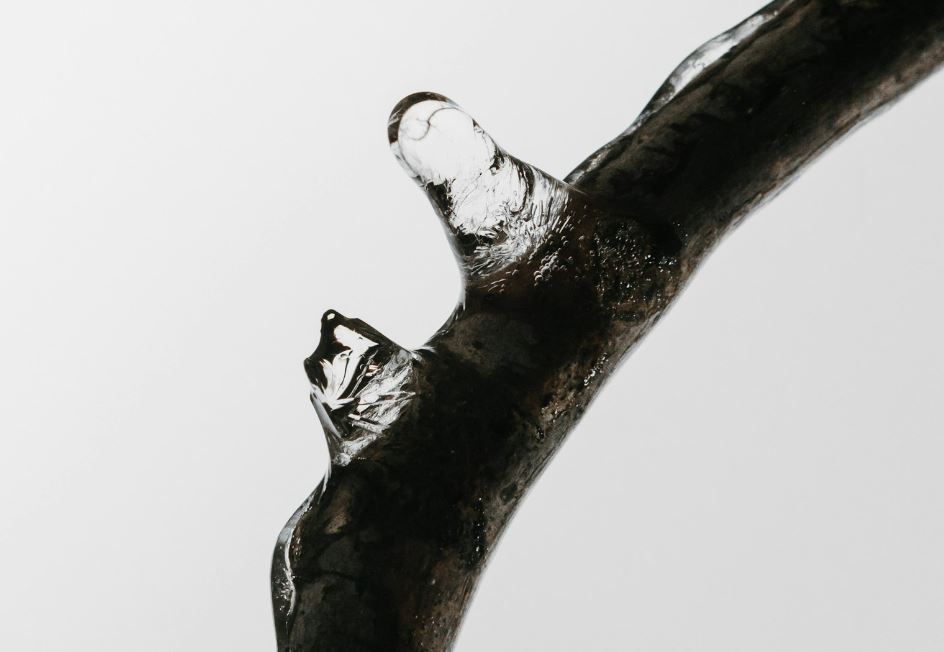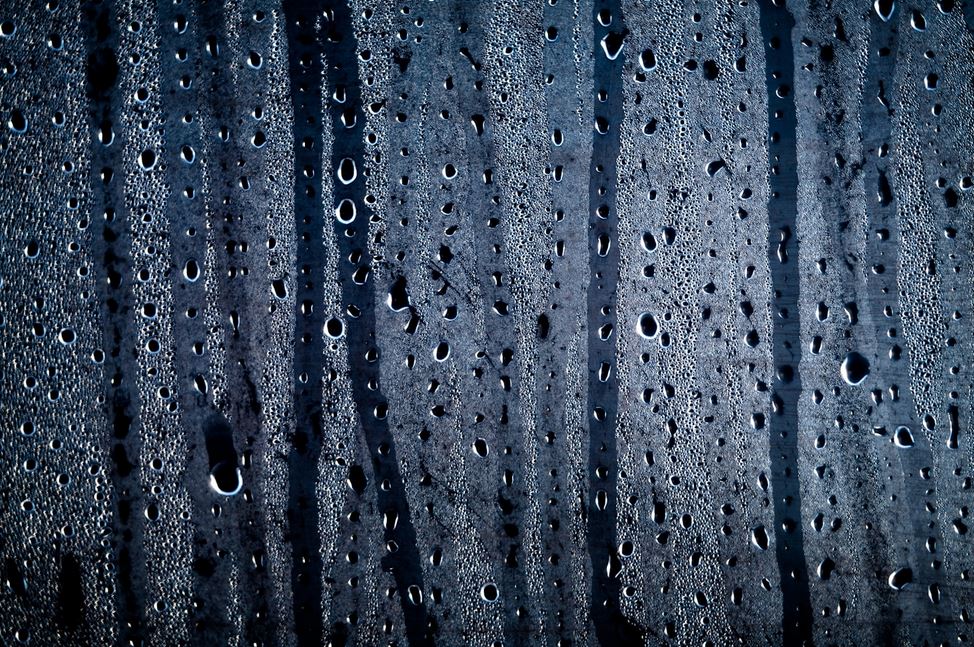Ever walk past your water heater and hear the sound of water running, even though nobody’s using it?
It’s a weird feeling. You stop, tilt your head, and double-check all the faucets in the house – kitchen, bathroom, laundry. Everything’s off. So, what gives?
In this post, we’ll shed some light on why your water heater sounds like it’s running water, and what you can do about it.
Spoiler: some of these are harmless, but a few could be a big deal.
#1. Leak In The Tank Or Nearby Pipes
Let’s start with the most obvious and most concerning: A leak.
When your water heater or the pipes around it spring a leak, the sound of water trickling or running is pretty common.
You might not see a puddle right away. Some leaks drip down into the drain pan or even onto a concrete floor where it evaporates quickly.
But if water is escaping, that running sound could be your first sign.
It might not be the tank itself, it could be a loose connection at the top where the water enters, or a leak in the temperature and pressure relief valve (also known as the T&P valve).
Sometimes, water even leaks slowly from the drain valve at the bottom.

Take a good look around the water heater. Use your hand to feel for moisture near the fittings. If things are damp (or worse, actively dripping) it’s time to act. Leaks don’t get better on their own.
Also Read: Can You Transport A Water Heater On Its Side?
#2. Condensation Dripping
Not all water sounds mean disaster.
Condensation happens when warm, humid air hits a cold surface like a chilly water heater tank. That moisture builds up and drips down, sometimes inside the unit, sometimes onto the floor.
The sound? A soft, rhythmic dripping, kind of like a slow faucet.
This is especially common with newer high-efficiency gas water heaters or in colder seasons.
The tank’s metal body gets cold enough to trigger condensation during heating cycles.
In most cases, it’s harmless. The water is just collecting and evaporating or draining away.
But if it’s making a lot of noise or you see puddles, it’s worth a closer look. Make sure your unit is venting properly and the room isn’t too humid. If the heater is in a cramped or unventilated space, a little airflow can help.
Also Read: Do Water Heaters Need to Be Flushed?
#3. Sediment Boiling Or Moving
Another reason your water heater sounds like water running is because of sediment buildup.
Over time, minerals from hard water settle at the bottom of the tank. When your heater kicks on, water bubbles up through that gunk. The result is a crackling, popping, or even bubbling sound that can sound like water is moving or running inside.
The fix here is pretty simple. You just need to flush the tank.
Here’s the short version:
- Turn off the water heater.
- Attach a garden hose to the drain valve.
- Open it and let the water drain out.
- Close it up, refill, and turn it back on.
Doing this once a year helps your water heater last longer and run more efficiently. Plus, it’ll cut down on weird noises.
#4. Hot Water Recirculation Pump
Some homes have a recirculation system to keep hot water flowing through the pipes. This way, when you turn on the tap, hot water comes out instantly instead of waiting for it to warm up.
If you have one of these pumps, you might hear water running from time to time, even if no one is using it.
That sound could be completely normal.
These pumps run on timers, motion sensors, or thermostats. So you might hear them kick on randomly during the day. It’s not a leak. It’s just the system doing its thing.
If the sound is louder than usual or happens constantly, it might be time to check the settings or replace a worn-out pump.
But in general, this one’s nothing to panic about.
#5. Slab Leak (If The Water Heater Is On The Ground Floor)
This is the big one, and it’s a headache.

Slab leaks happen when water pipes under your concrete foundation crack or burst. If your water heater sits on the ground floor and you hear running water but can’t find a source, this might be it.
You might also notice warm spots on the floor, higher water bills, or even moldy smells.
The worst part is that the leak is totally hidden under several inches of concrete.
Detecting a slab leak usually requires professional help. Plumbers use thermal imaging or listening devices to track the exact location. It’s not cheap, but leaving it alone can cause serious structural damage over time.
Also Read: Warning Signs of an Aging Water Heater
What To Do If Your Water Heater Sounds Like Water Running
Before you panic or call in backup, there are a few quick checks you can run yourself:
- Turn off all water in the house (faucets, dishwasher, washer, etc.) and check your water meter. If it’s still spinning, something’s leaking.
- Inspect the water heater top to bottom for signs of moisture, corrosion, or dripping.
- Flush the tank if you haven’t done it in a while and suspect sediment noise.
- Check the recirculation pump if your system has one.
- Listen for the sound closely. Does it happen only when the heater runs? Is it constant? Louder in certain spots?
If you’re unsure, it’s better to call a plumber. The cost of catching a problem early is usually way lower than waiting until a small issue becomes a flood.
Bottom Line
Hearing running water near your water heater is never something you want to ignore.
Sometimes it’s no big deal, like condensation or a recirculation pump. Other times, it’s a red flag pointing to a leak, sediment buildup, or something worse under the floor.
Don’t just shrug it off.
Start with the basics. Inspect the unit. Check the meter. Listen carefully. If it’s still making noise and you can’t track it down, bring in a pro.



